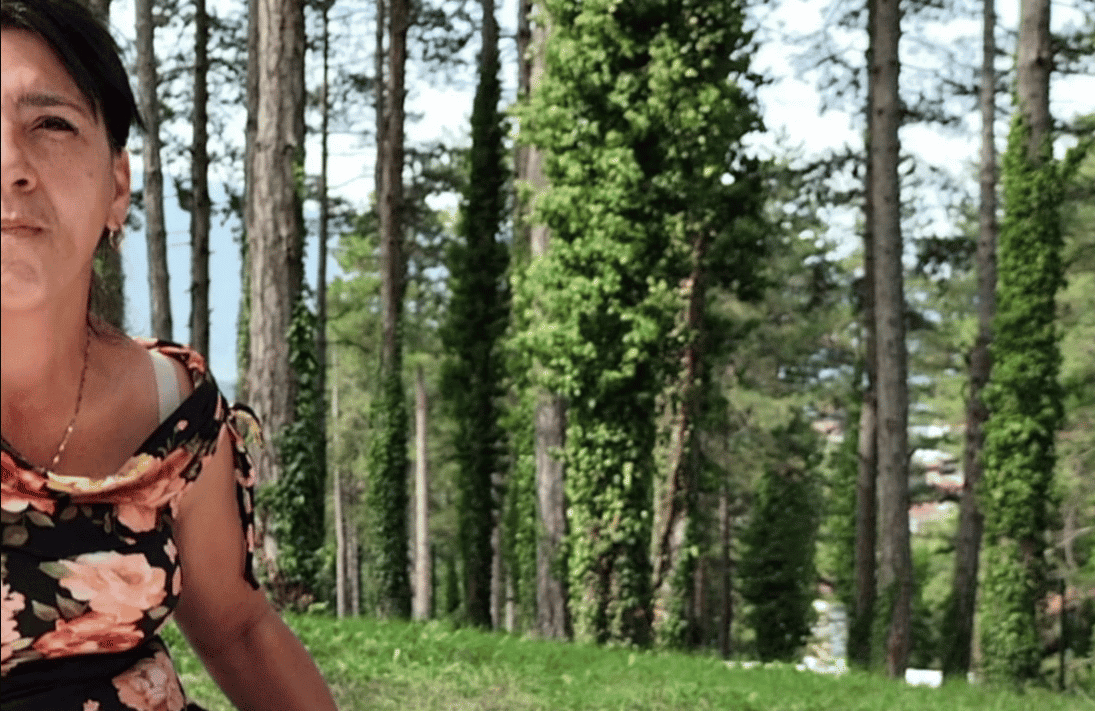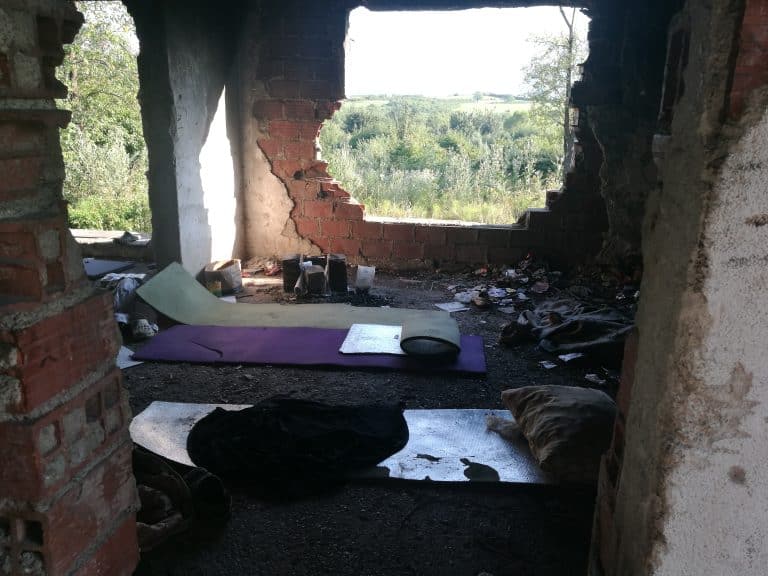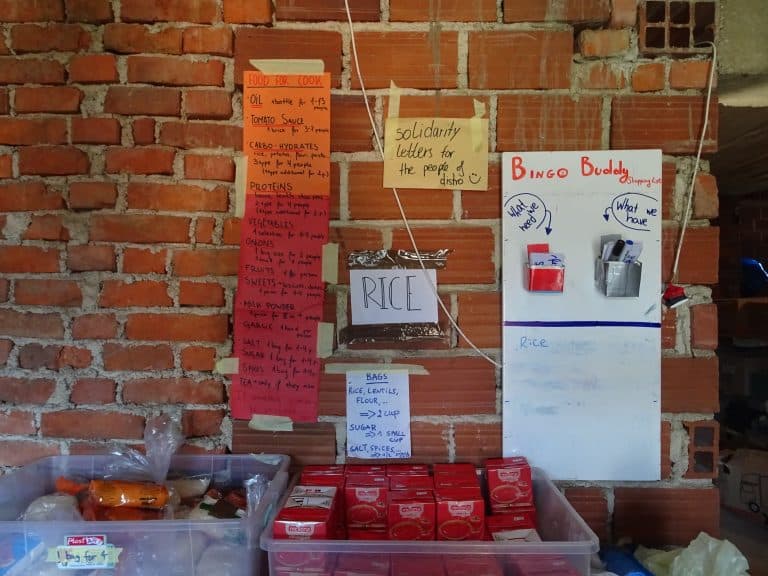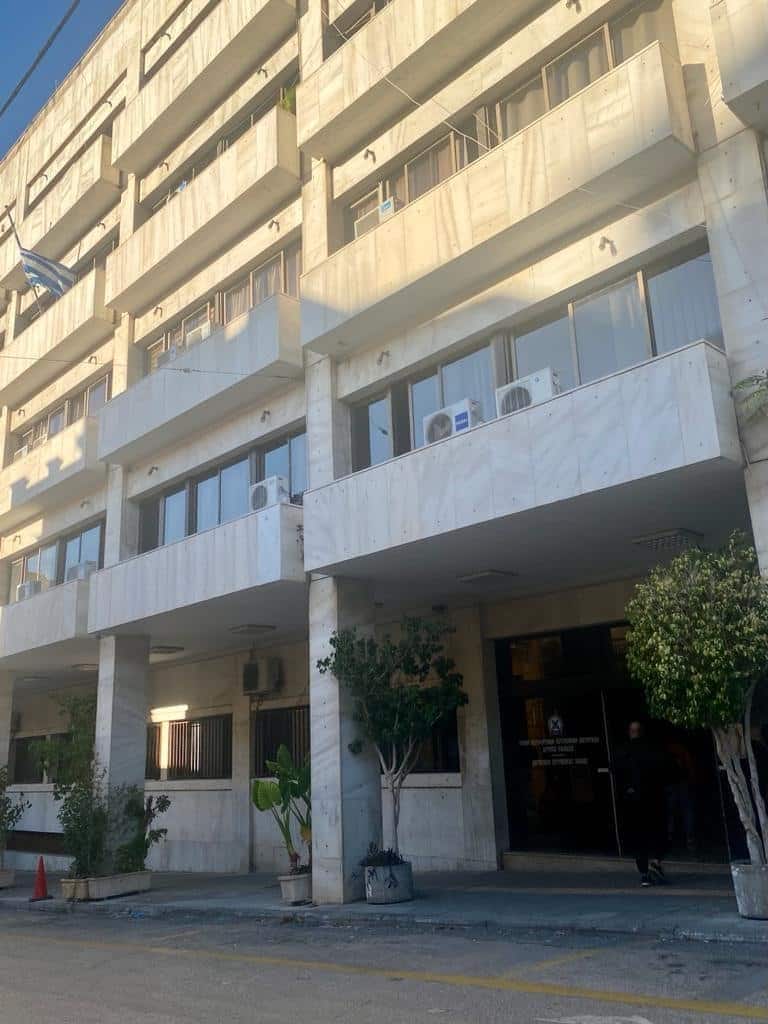Text and video by Laura
A few weeks ago, Mayte, from Cuba, told us her story, hoping to give voice to the situations in which many people on the move find themselves. Mayte explains that she left Cuba in search of freedom. She is not the first to tell us this: there are many Cuban people on the move that we meet in the city of Bihac.
They tell us about the difficulty, and even sometimes the impossibility, of obtaining basic essentials, even food. This forces them to leave their country and the life they have built there in a quest to find a place to start afresh.
However, with the lack of legal and safe pathways for people of Cuban origin to reach the United States or the European Union, many of them tell us that their “best” option is to fly to Russia or Serbia, countries where they are allowed to enter.
Some of them explain their attempt to settle in Russia or Serbia, but express that the obstacles of being migrants in these countries are many and, unfortunately, they find themselves without opportunities to live in a dignified way, which is why, faced with this situation, many people take the decision to go on the so-called “game”, this is the name which people on the move use for their attempts to cross the border to the European Union, where they hope to start a new life, by risking their lives by having to cross forests and rivers on foot for days at a time. On many occasions, people on the move tell us that by paying large sums of money they can cross the border hidden in taxis or lorries, but when they have no money, they must walk for days. This last option is the one that Mayte and her children told us they took in their attempt to reach Croatia.
Her story, like so many others’, is hard to hear: Mayte, together with her eleven year old daughter and seventeen year old son, left Bihac on a Friday at six in the evening and returned the following Monday morning. It was three days, although she says that the perception of time is completely distorted when you are living through such an experience. During these three days, Mayte and her children wandered through the forest for hours on end, barely able to rest, eat or even drink water. They were in Croatian territory twice, although their experience was far from the joy of finally feeling safe. On both occasions the Croatian police illegally returned them to Bosnia.
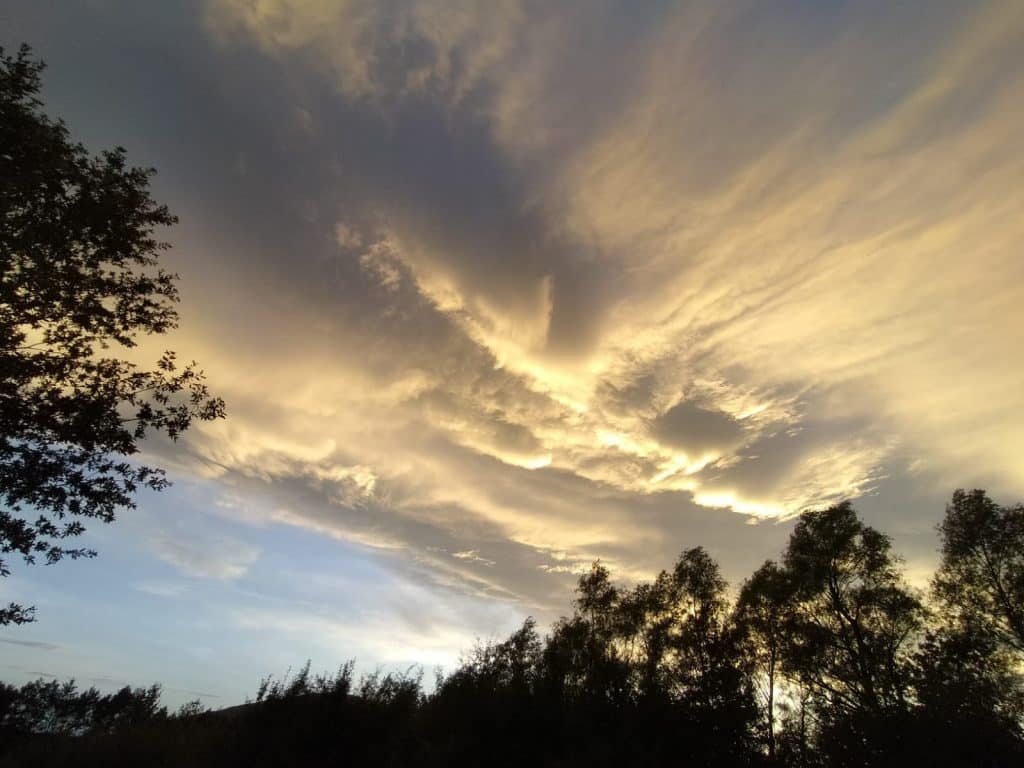
The first time this happened, they walked all the way to a Croatian village. In fact, they were just about to take a bus to Zagreb when the police appeared. The officers stopped them, searched them (both Mayte and her children), confiscated all their belongings (for hours) and forced them into the back of a car (a transfer cell that segregated them from the officers). Without anyone explaining to them where they were going, the family were taken to the forest, moving them back to Bosnian territory. The children’s cries and Mayte’s pleas for help as an asylum seeker did not prevent the police from illegally returning them to Bosnia.
On Bosnian territory, they found an abandoned house in the middle of the bush where they could “rest” for a few hours. “There was no water, no electricity, no doors or windows and it was very dirty”, explains Mayte. Even so, they took refuge there and after a few hours they were on their way to Croatia again.
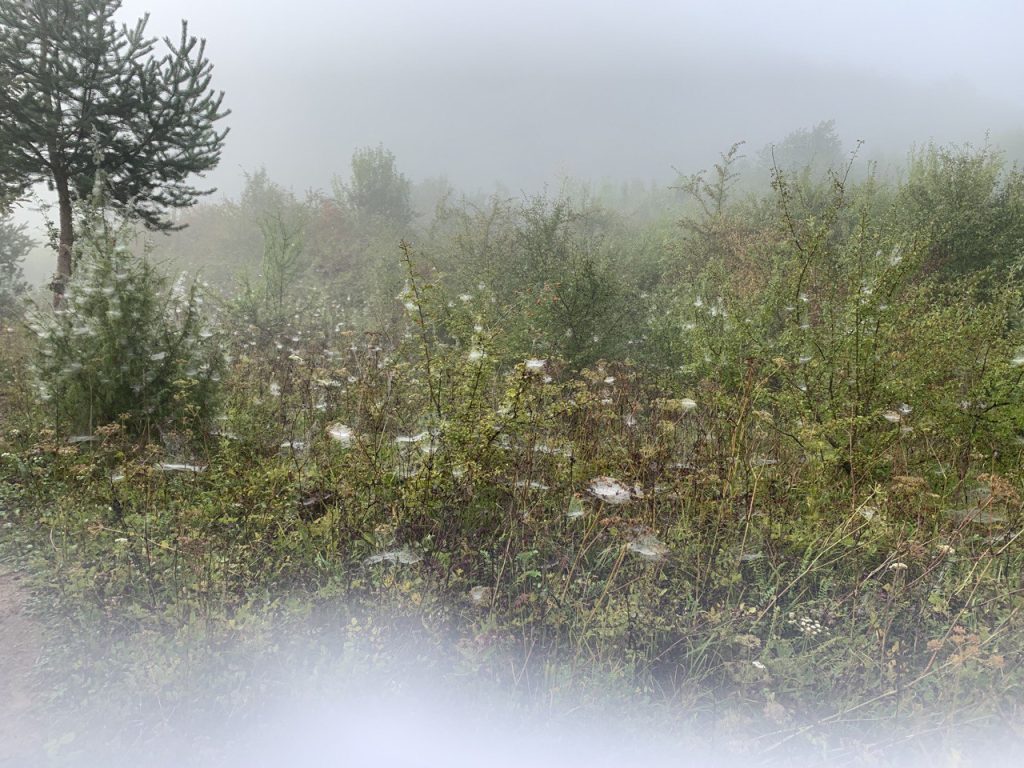
They crossed the border again, Mayte explains, but it didn’t take long for the police to show up. It was 10 p.m. and Mayte again asked for help as an asylum seeker. When it finally seemed that the agents were willing to help, they made them get into a vehicle to take them, supposedly, to a police station or a camp for refugees. However, the reality was very different. When the vehicle stopped and the doors were opened, more than six policemen were waiting for them, although Mayte tells us that at that moment she doubted that they were really policemen, since their faces were covered with balaclavas, they were dressed in dark clothes and they were also carrying truncheons and rifles. After showing Mayte pictures of the “IJP” (Croatian Intervention Police) agents, Mayte was able to identify that these were probably the same police units that frequently wear black balaclavas to hide their faces and act with impunity. (As Lighthouse Reports shows in UNMASKING EUROPE’S SHADOW ARMIES (2021) the official “IJP” forces, funded by the European Union, operate often violently during the illegall pushbacks).
In Mayte’s case, these policemen forced them to walk through the bush once again. They walked until they reached a river that was practically dry and it was there that the policemen stopped and started shouting “Go! You have to go!”. Mayte and the children, disoriented and exhausted, crossed the river, but could not see the possibility of continuing walking in the dark through the bush.
“I didn’t have internet and I couldn’t leave because I didn’t know where I was,” she explains. Because of this, she promised the policemen that she would leave at dawn. “We had no strength, no water and no food”, Mayte explains.
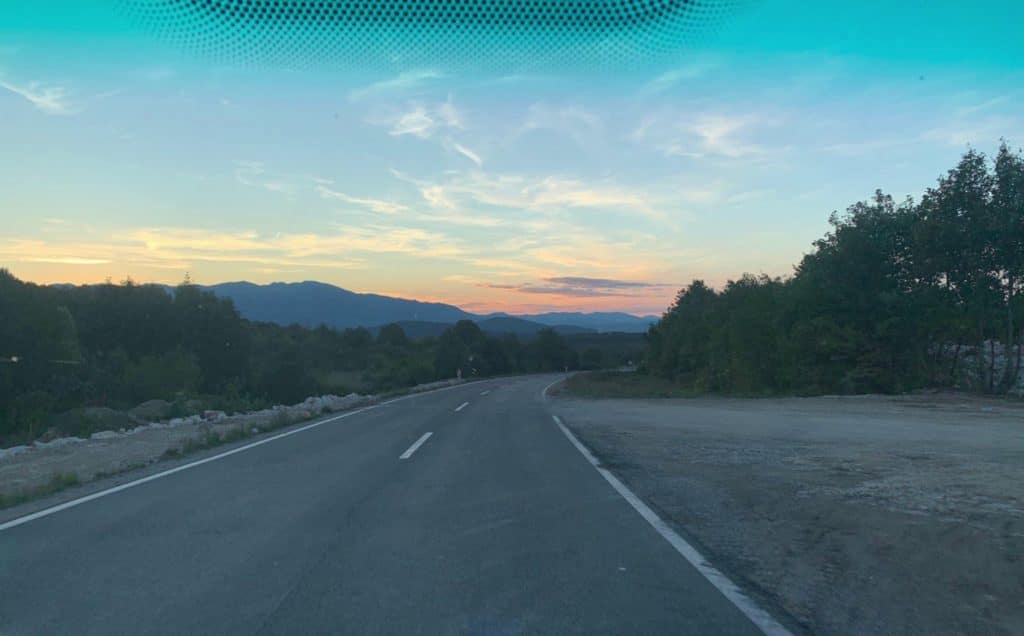
After being driven for miles and abandoned without any help in the middle of a wooded area in the border area between Croatia and Bosnia, they decided to sit and wait until dawn. On the other side of the river were the policemen, who did not leave them alone for a minute.
“It was there that the psychological torture began and lasted all night,” explains Mayte. Although the policemen did not cross the river at any time (during the night Mayte understood that the river marks the border between Croatia — where the policemen were — and Bosnia, where they were) they did not stop scaring them: “they made noises with the truncheons when everything was dark, they shouted constantly, they turned the torches on and off and made fun of us…”. Mayte’s children lay down on the ground, wet and shivering from the cold, and tried to rest. Mayte stayed up all night, keeping watch.
When dawn finally broke, Mayte and her children set off with the intention of getting to anywhere that they could rest. The idea of continuing to try to cross the border no longer existed in their minds. Mayte needed to feel that they were safe.
They had no GPS or internet, so following their intuition only they finally found a house where there was a person awake. He pointed them in the direction of the Borici refugee camp in Bihac and offered them water and energy drinks: “It literally saved our lives,” says Mayte.
Finally, 50 km away from the camp, a taxi passed by. Mayte, faced with the desperation of her children, spent forty of the fifty Euros she had left to get to the Borici camp.
They arrived exhausted. “I just needed to sleep — we hadn’t slept for many days — to eat… And, above all, to know that my children’s lives were safe, because at that moment you question having put your children’s lives in danger”.
Thanks to Mayte, who shared her story with our team in Bihac team and also wants to share it with our followers, in order to shed light on what people on the move experience on a daily basis.

